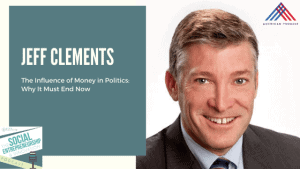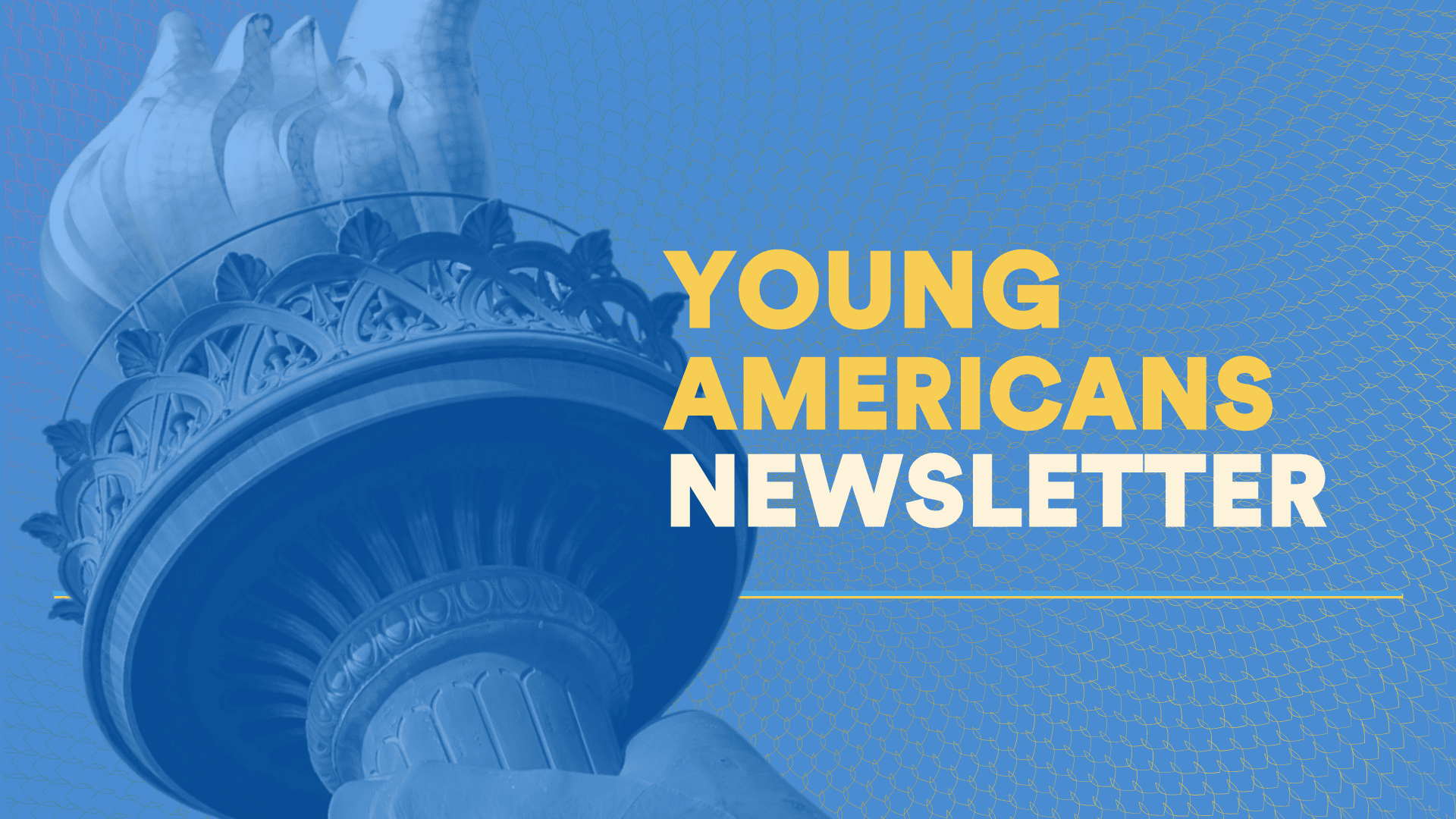 Unlimited political spending has dire effects across society and the economy. Outsized spending from the wealthiest industries, corporations and individuals means small business owners don’t have an equal voice or representation in our political system, creating a top-heavy economy that favors large-scale multinational corporations with access to concentrated wealth. Huge donations from these groups put entrepreneurs and small businesses at a significant disadvantage in the U.S. marketplace, stifling innovation and competition, and significantly influencing issues like internet and energy policies.
Unlimited political spending has dire effects across society and the economy. Outsized spending from the wealthiest industries, corporations and individuals means small business owners don’t have an equal voice or representation in our political system, creating a top-heavy economy that favors large-scale multinational corporations with access to concentrated wealth. Huge donations from these groups put entrepreneurs and small businesses at a significant disadvantage in the U.S. marketplace, stifling innovation and competition, and significantly influencing issues like internet and energy policies.
Recently, American Promise President Jeff Clements joined Cory Ames for the Social Entrepreneurship & Innovation Podcast by Grow Ensemble to talk about the growing influence of money in politics and the 28th Amendment to end unlimited political spending. In the conversation, Jeff talked about the impacts of money in politics on the American people and the economy, and shared why passing the 28th Amendment would benefit all of us.
“Most Americans agree there’s way, way, way too much money in politics and most of it is having a corrupting, undue influence and locking out the voices and views of most Americans who don’t have that kind of money to spend,” Jeff said.
Jeff emphasized that it is unchecked big money spending, not small dollar donations, that are causing these problems. Candidates need money to run campaigns, but in our current pay-to-play system that money is mostly coming from a tiny handful of ultra-wealthy sources that don’t represent the views of the majority of Americans.
“The problem is the money is coming from very few sources that actually aren’t known in many instances,” Jeff said. “Less than 1% of Americans fund most of this. And they don’t do it for social mission.”
Jeff highlighted how this pay-to-play system affects American innovation and business leaders, especially startups. Without the concentrated funds to spend significantly on political donations, small business leaders lack influence on crucial policy decisions.
“What does that do systemically for business people and startups and innovation?” Jeff asked. “Very few businesses are going to start up with the kind of budget you need to actually get at the table for the policy rules that literally could affect your entire business model. Choices that are made around internet policy, energy policy, have huge effects on business. And we have massive concentrations of a lot of businesses in a lot of industries that then can leverage their [concentrated wealth] in order to create barriers to entry to anyone else coming in.”






